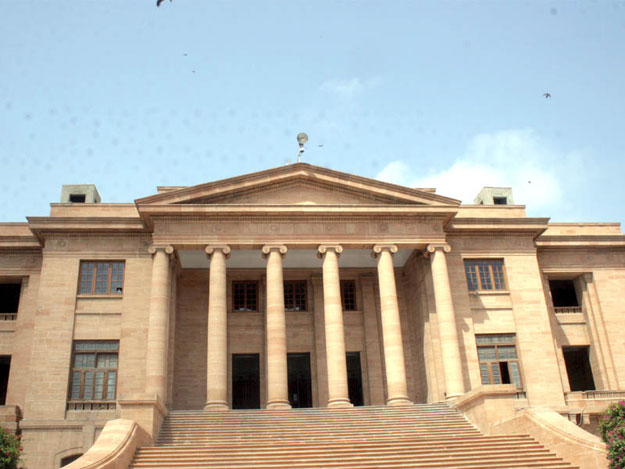
The petitioners had approached the high court against unpaid salaries since the date of their appointment. During the proceedings, the education department denied their claims, stating that the petitioners were appointed illegally against the rules and regulations as well as in excess of the department’s sanctioned strength of workers.
The petitioners’ lawyer, Mansoorul Haq Solangi, said that the appeal under section 4 of Sindh Service Tribunal Act can be filed when any order refusing the claim of the petitioner by the department is issued. However, there was no such order in the field that can be agitated before the tribunal.
On the other hand, the provincial law officer argued that it is settled law that any matter related to the salaries of civil servants having direct nexus with the terms and conditions of the service touching the very root of the case is hit by Article 212 of the Constitution. Thus, the petition is barred by Article 212 to hear and entertain at writ jurisdiction, the law officer argued, pleading the court dismiss it.
After hearing the arguments from both sides, the two judges observed that the Supreme Court had already decided that high courts have no jurisdiction to entertain civil servants. Therefore, they said the petitions should be referred to the service tribunal.
1718870162-0/BeFunky-collage-(60)1718870162-0-405x300.webp)
1730504285-0/Martha-(1)1730504285-0-165x106.webp)















COMMENTS
Comments are moderated and generally will be posted if they are on-topic and not abusive.
For more information, please see our Comments FAQ